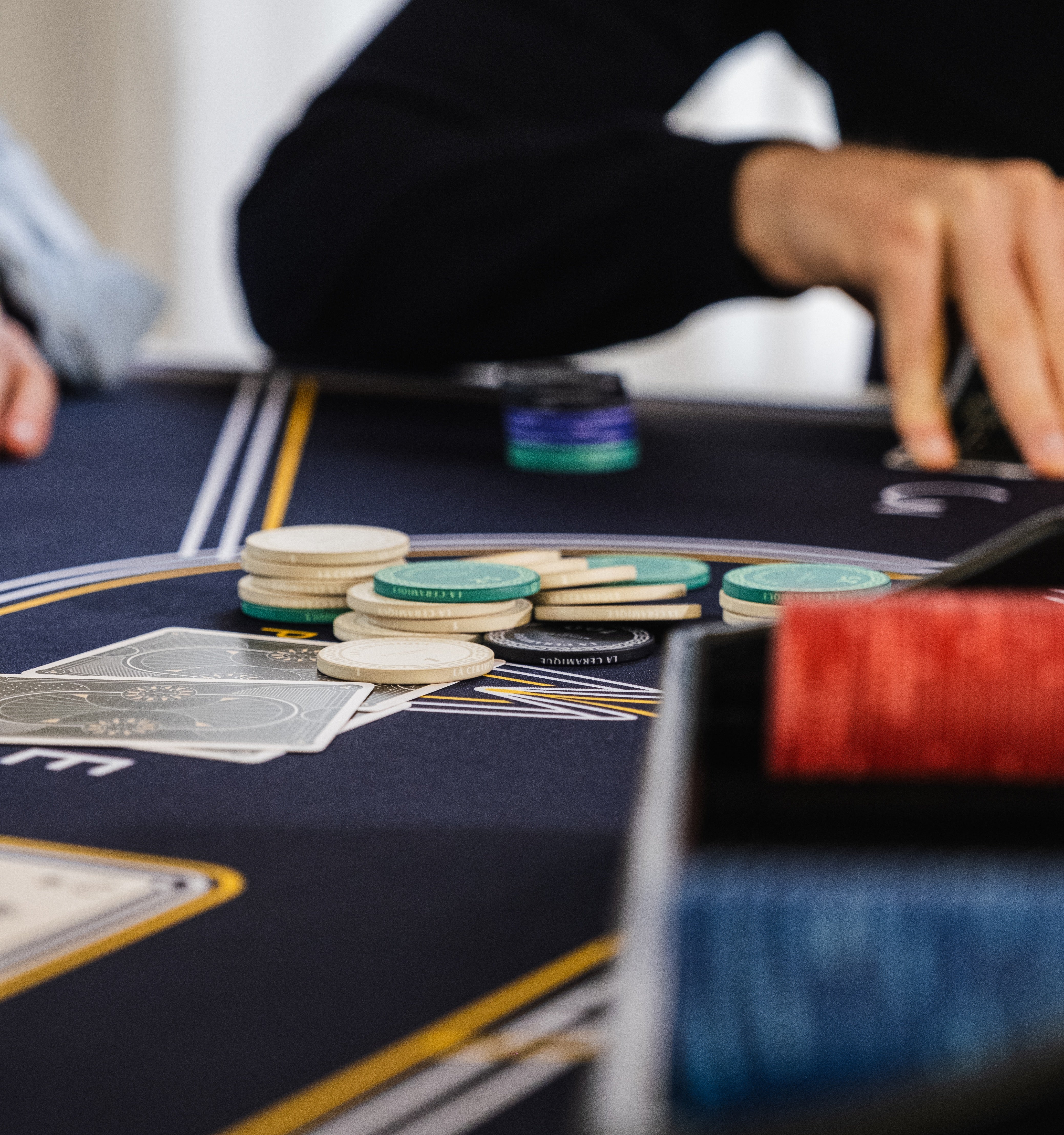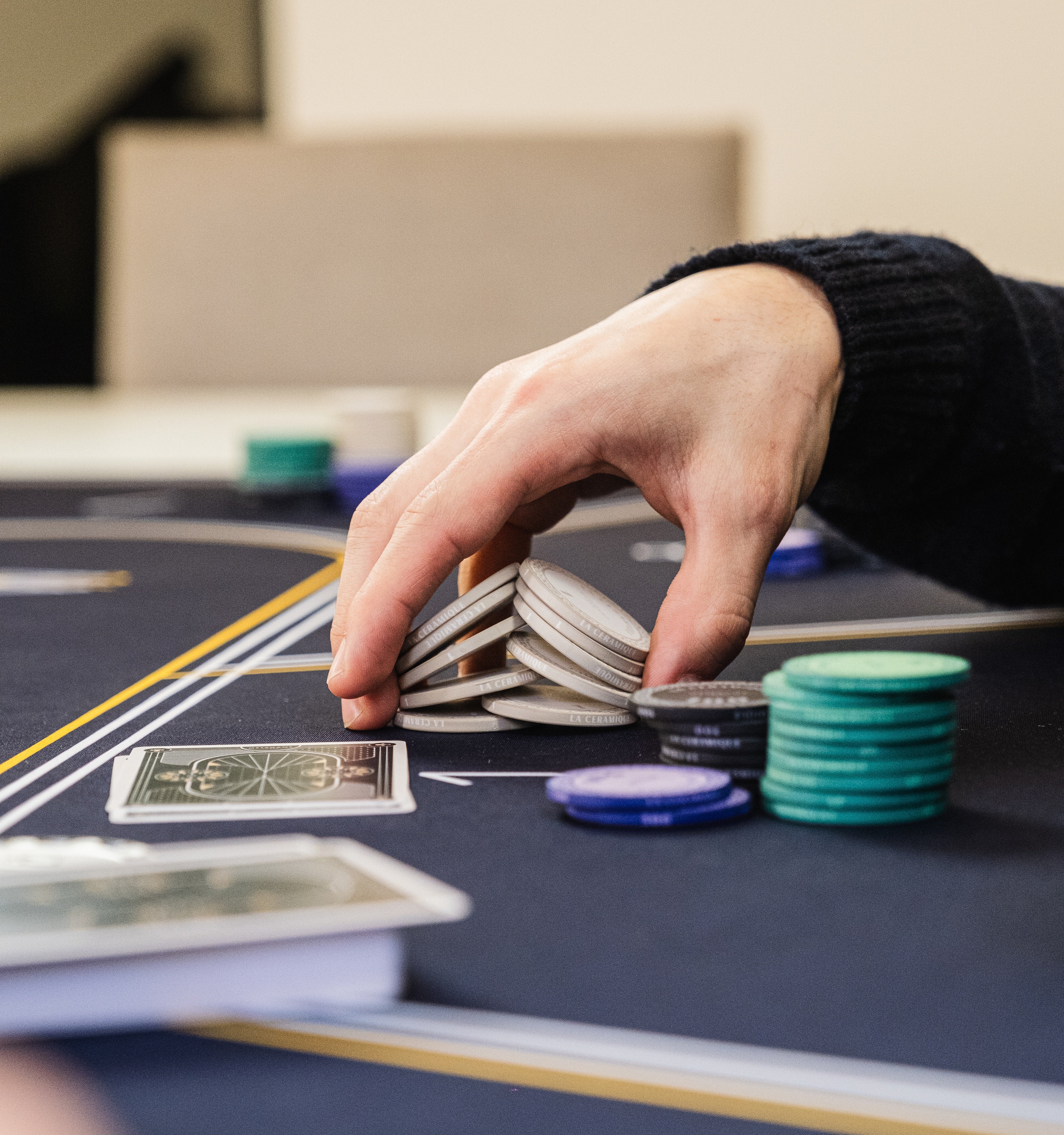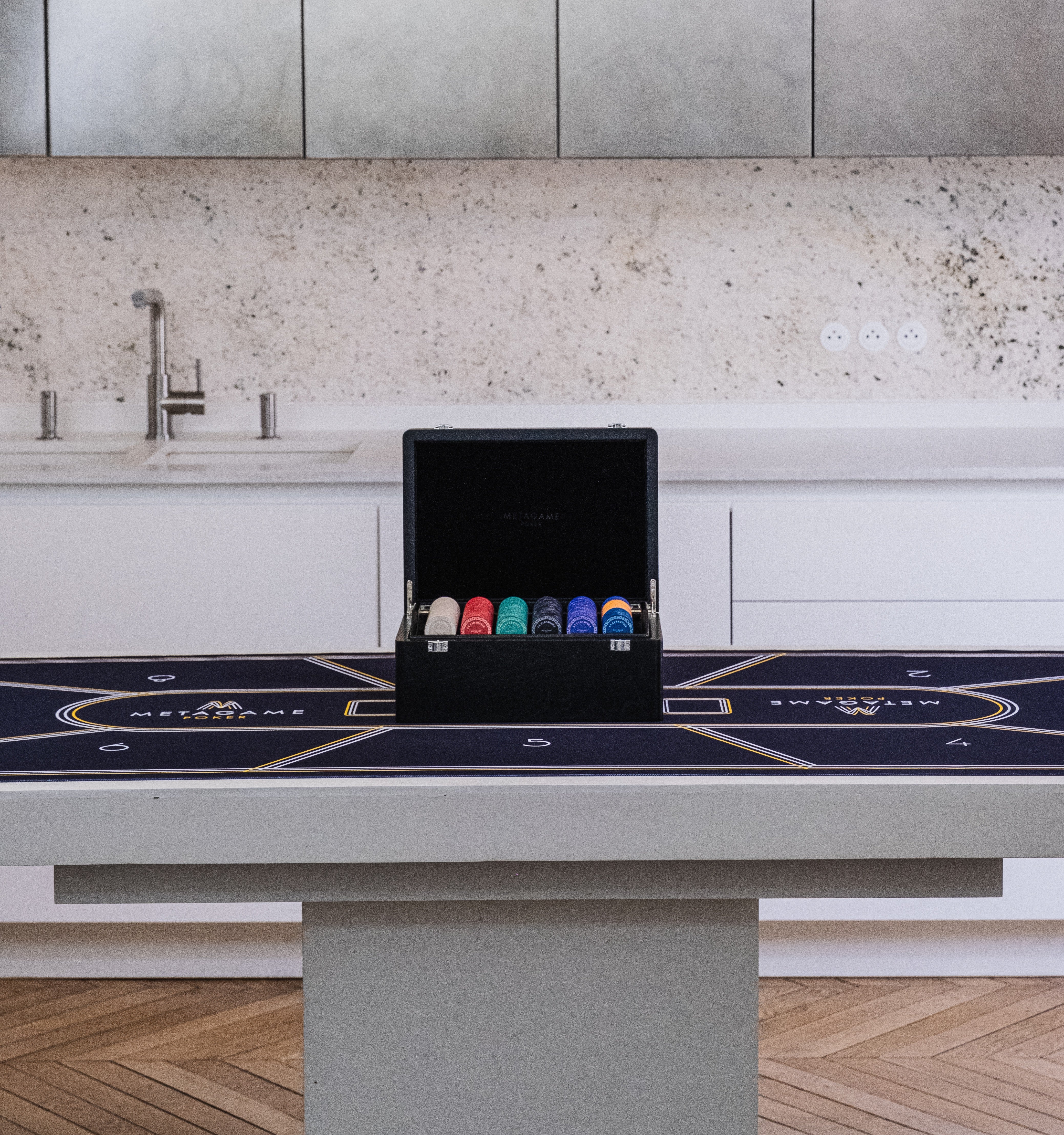
How to Read Tells in Poker: Understanding the Body Language of Other Players
Poker is a card game where luck is not the only factor. Experienced players know that it's possible to read tells—body language signals from other players—to infer the strength of their hand. In this article, we'll provide tips on how to read poker tells.
First, it's important to understand that tells are not an exact science. They can be misleading and may not always reflect reality. However, they can provide valuable insights into the strength of your opponent’s hand. Therefore, it’s crucial not to rely solely on tells but to consider them as an additional element in your decision-making process.
1. Breathing
The first tell you can observe is your opponent’s breathing. If their breathing is rapid and shallow, it may indicate nervousness and a weak hand. Conversely, slow and deep breathing can suggest they are relaxed and have a strong hand.
2. Body Language
The second tell involves your opponent's body language. If your opponent is tense with their shoulders up, it may signal nervousness and a weak hand. On the other hand, if they are relaxed with their shoulders down, it can indicate confidence and a strong hand.
3. Eye Contact
The third tell to watch is eye contact. If your opponent avoids eye contact, it could suggest they have a weak hand. Conversely, if they maintain direct eye contact, it might indicate a strong hand.
4. Behavior
Finally, observe your opponent’s behavior. If they play quickly, it might mean they have a strong hand and want to finish the hand quickly. Conversely, if they take their time, it might indicate a weak hand and they are trying to buy time to think about their next move.
In conclusion, reading tells in poker is a crucial element of your strategy. Although tells are not an exact science, they can offer valuable insights into the strength of your opponent’s hand. By observing breathing, body language, eye contact, and behavior, you can gain a better understanding of their intentions and make more informed decisions. However, remember to consider other aspects of the game, such as the cards on the table and previous actions of your opponents. Good luck at the poker table!



Leave a comment
This site is protected by hCaptcha and the hCaptcha Privacy Policy and Terms of Service apply.